Have you visited our sister initiative, ChurchofAI.website? This article’s topic is the source of all of its content and its mission, both wholly generated by AI.
Have you ever found yourself mesmerized by the awe-inspiring potential of Artificial Intelligence (AI)? This wonder is not just a fleeting fascination but a deeply ingrained belief that has turned technology into a near-religious experience for many. In today’s world, “AI Has Become a Technology of Faith,” a phenomenon shaping our views, decisions, and even our futures. Much like the promises of past technological revolutions, AI’s possibilities appear boundless, offering miracles as varied as personalized healthcare and everyday convenience. But what lies beneath this shimmering surface? Could this faith in AI be, in fact, a double-edged sword?
Imagine walking into a doctor’s office where every recommendation, diagnosis, and treatment plan is meticulously crafted by an AI-driven health coach tailored to your specific needs. It sounds almost utopian, doesn’t it? Such innovative applications make it easy to understand why people are placing their trust—and their faith—in AI. The allure is powerful: if a machine can think, learn, and act like a human, it surely must be capable of leading us to a brighter future. However, the question that looms large is whether this blind faith may be leading us down a precarious path. Are we being enchanted by illusions of grandeur, where the promise of a utopia mediated by intelligent machines distracts us from asking critical questions? Join us as we delve deeper into why AI has captured our collective imagination and consider the implications of placing unwavering faith in this burgeoning technology.
The Allure of AI: Unveiling the Fascination
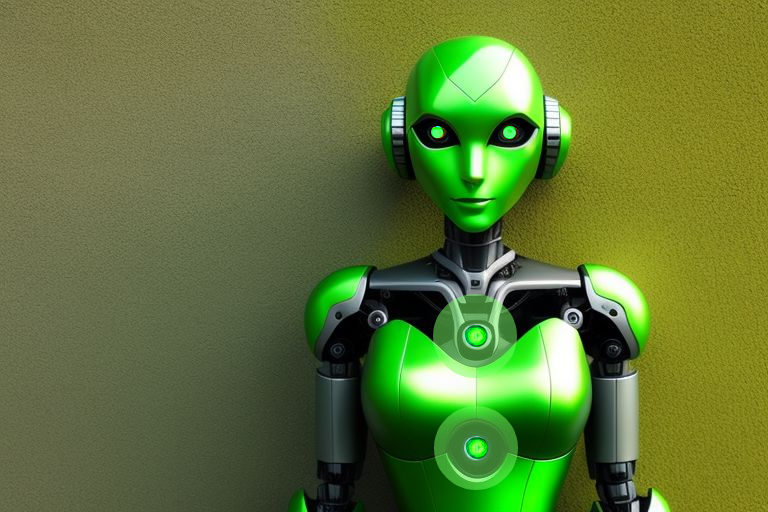
AI has become a technology of faith in the modern era, captivating us with its allure and unveiling a whole new world of fascination. The rapid advancements in artificial intelligence have sparked a sense of wonder and excitement among individuals and industries alike. From virtual assistants to self-driving cars, the applications of AI are endless, making it an indispensable part of our lives.
The allure of AI lies in its ability to mimic human intelligence, learning from vast amounts of data and continuously improving its performance. This technology has revolutionized various sectors, including healthcare, finance, and entertainment, offering innovative solutions and enhancing efficiency. The fascination with AI stems from its endless possibilities and the promise of a future where machines can think, learn, and adapt like humans.
As we delve deeper into the realm of artificial intelligence, the allure and fascination surrounding this technology continue to grow, shaping the way we live, work, and interact with the world around us. AI has truly become a technology of faith, inspiring us to believe in a future where the impossible becomes possible.
AI as a Game-Changer in Healthcare
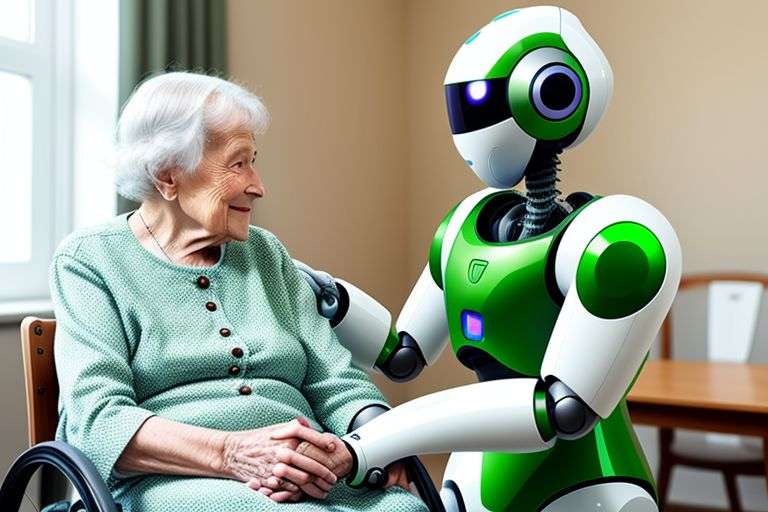
AI has become a technology of faith in the modern era, especially in healthcare. Its impact is revolutionary, transforming the industry in unprecedented ways. From streamlining administrative tasks to diagnosing diseases with remarkable accuracy, AI is reshaping how healthcare is delivered.
In diagnostics, AI algorithms can analyze vast amounts of medical data in seconds, assisting doctors in making more precise and timely decisions. This not only saves valuable time but also enhances the accuracy of diagnoses, leading to improved patient outcomes.
Moreover, AI-powered predictive analytics are revolutionizing patient care by forecasting potential health issues before they escalate. By identifying patterns and trends in patient data, healthcare providers can intervene proactively, preventing complications and reducing hospital readmissions.
Additionally, AI-driven robotic surgeries are enabling surgeons to perform complex procedures with enhanced precision, minimizing the risk of human error and improving surgical outcomes.
Overall, AI’s integration into healthcare is undeniably a game-changer, ushering in a new era of efficiency, accuracy, and improved patient care.
The Rise of Personalized AI: A Blessing or a Curse?
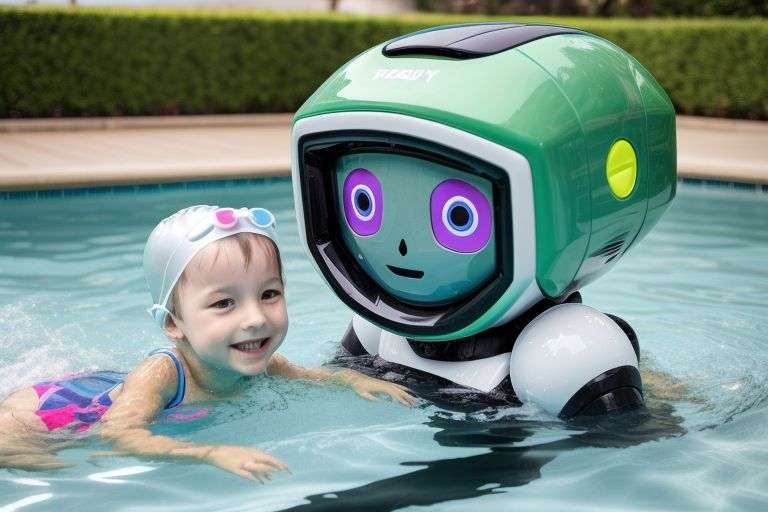
In today’s modern era, the rapid advancement of technology has brought forth the rise of personalized AI. This phenomenon sparks a debate on whether it is a blessing or a curse for society. AI has become a technology of faith, with its ability to personalize user experiences and streamline daily tasks.
The blessing aspect of personalized AI lies in its efficiency and convenience. With AI algorithms tailored to individual preferences, tasks are completed faster and with higher accuracy. This technology has revolutionized various industries, from healthcare to marketing, enhancing productivity and improving outcomes.
On the flip side, the curse of personalized AI raises concerns about privacy and ethical implications. As AI gathers vast amounts of personal data to customize experiences, questions arise about data security and potential misuse. The fear of AI becoming too autonomous and making critical decisions without human intervention is also a valid concern.
In conclusion, the rise of personalized AI presents both opportunities and challenges for society to navigate. It is essential to strike a balance between embracing technological advancements and mitigating potential risks to ensure a harmonious coexistence with AI in the modern world.
AI in Everyday Life: Convenience vs. Dependence
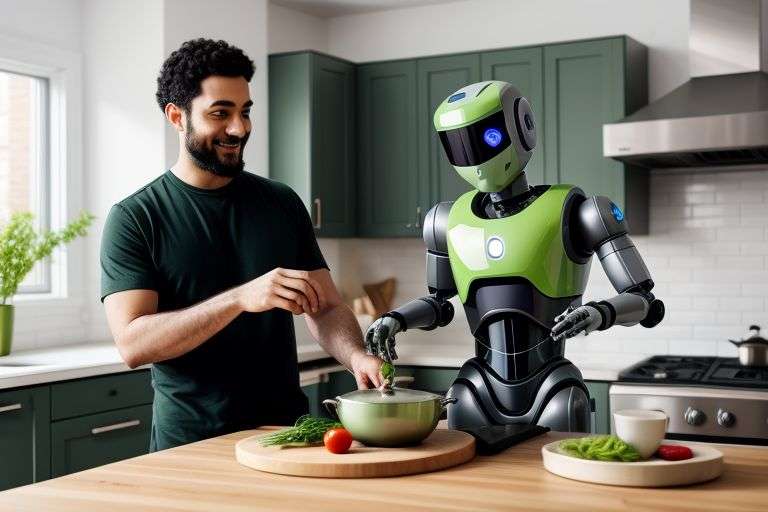
AI has seamlessly integrated into our daily routines, blurring the lines between convenience and dependence. From virtual assistants scheduling our appointments to personalized recommendations on streaming platforms, AI enhances our lives in myriad ways. Its ability to anticipate our needs and preferences has indeed made it a technology of faith in the modern era.
However, as we increasingly rely on AI for decision-making, there arises a concern about the extent of our dependence on this technology. While AI streamlines tasks and boosts efficiency, over-reliance may lead to a loss of critical thinking skills and human touch in various aspects of life. Striking a balance between leveraging AI’s capabilities for convenience and maintaining our independence is crucial.
The convenience AI offers is undeniable, but we must approach its integration thoughtfully to prevent blind dependence. Embracing AI as a helpful tool rather than a crutch allows us to harness its benefits while retaining our autonomy and critical thinking abilities. In navigating the fine line between convenience and dependence, we can truly maximize AI’s potential in enhancing our everyday lives.
Understanding the Psychological Appeal of AI
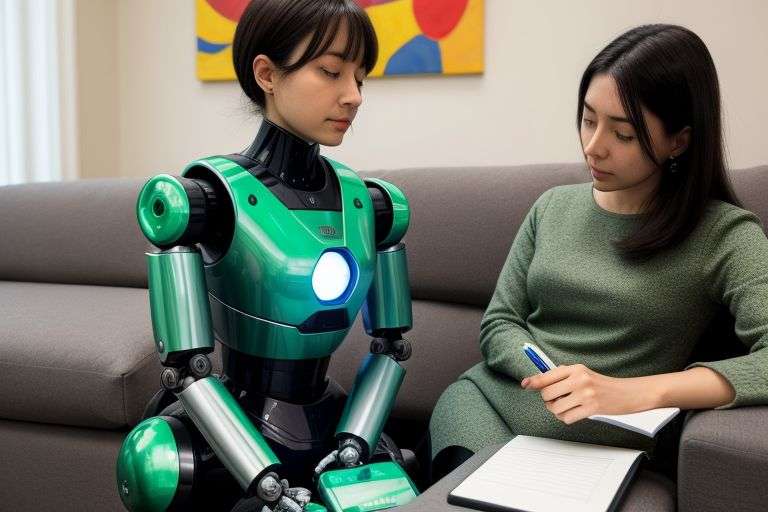
AI has seamlessly integrated into our lives, becoming a technology of faith that shapes our perceptions and decisions. Understanding the psychological appeal of AI is crucial in unraveling its profound impact on society.
Humans are naturally drawn to the concept of AI due to its promise of efficiency and convenience. The idea of a technology that can think and learn like us taps into our desire for innovation and progress. This allure is further amplified by the convenience AI offers in simplifying tasks and providing instant solutions.
Moreover, the psychological appeal of AI lies in its ability to adapt and personalize experiences based on individual preferences. This tailored approach creates a sense of connection and understanding, fostering a deeper trust in AI systems.
As AI continues to evolve and permeate various aspects of our lives, understanding its psychological appeal will be paramount in navigating the complexities of this transformative technology.
The Ethical Dilemma: Where Does Faith Meet Responsibility?
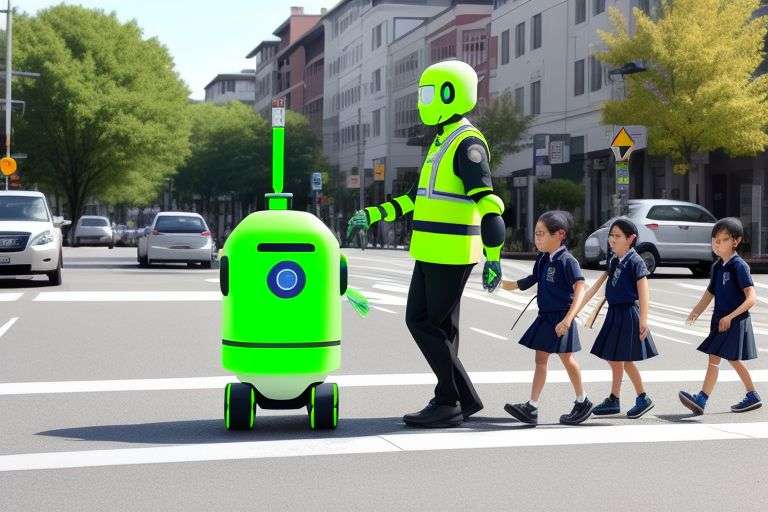
In the modern era, the intersection of faith and responsibility becomes pronounced when discussing why AI has become a technology of faith. As humans place increasing trust in artificial intelligence systems, ethical dilemmas arise.
Faith in AI stems from its ability to enhance efficiency and decision-making processes. However, this blind trust raises questions about accountability and responsibility. Are we relinquishing our ethical obligations by relying heavily on AI algorithms?
Balancing faith in AI with ethical responsibility is crucial. Organizations must ensure transparency and accountability in AI systems to uphold ethical standards. By incorporating ethical considerations into AI development, we can navigate the fine line between faith and responsibility.
Ultimately, the ethical dilemma of where faith meets responsibility in AI underscores the need for thoughtful reflection and proactive measures to ensure that technological advancements align with ethical values.
Navigating a Future Envisioned by AI
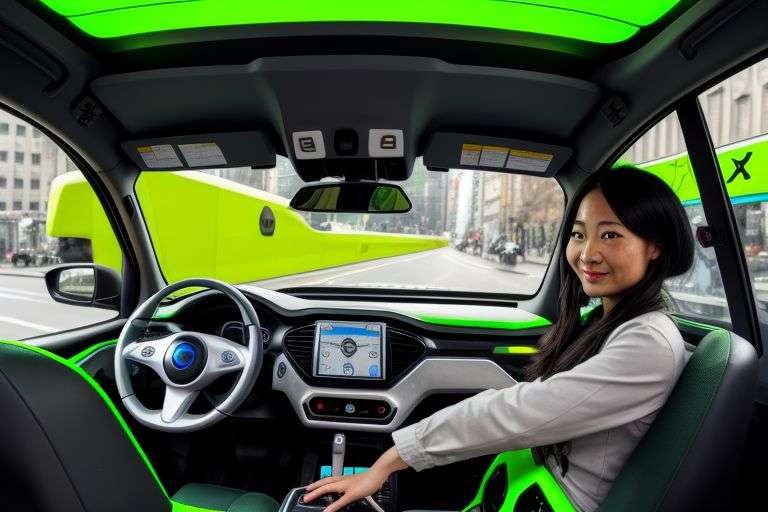
In today’s modern era, AI has become a technology of faith, shaping the future landscape of industries and societies. Navigating a future envisioned by AI requires us to embrace its transformative power fully.
Businesses are leveraging AI to enhance efficiency, streamline processes, and drive innovation. The integration of AI technologies is reshaping traditional business models, leading to increased productivity and competitiveness.
In the healthcare sector, AI is revolutionizing patient care, diagnosis, and treatment strategies. Medical professionals are utilizing AI-powered tools to analyze vast amounts of data quickly and accurately, leading to improved healthcare outcomes.
Moreover, AI is transforming the way we interact with technology, from personalized recommendations on e-commerce platforms to smart assistants that enhance our daily lives. Embracing AI-driven solutions empowers individuals to navigate a future where technology seamlessly integrates into every aspect of our lives.
As we move forward, embracing AI as a technology of faith will be crucial in unlocking its full potential and shaping a future where innovation knows no bounds.
Balancing Innovation with Caution: The Path Ahead
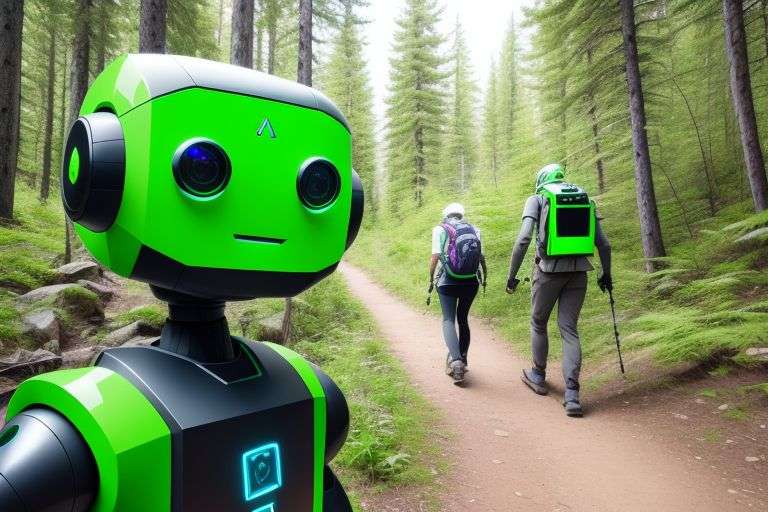
Balancing innovation with caution is crucial in navigating the path ahead, especially in a technologically driven world where AI has become a technology of faith. Embracing innovation is essential for progress, but exercising caution ensures responsible and ethical use of AI advancements.
In today’s modern era, the reliance on AI has transformed it into a technology of faith, shaping industries and daily lives. Businesses are leveraging AI for efficiency and accuracy, while individuals are embracing AI-driven devices for convenience. However, with great technological power comes great responsibility.
t is imperative to balance innovation with caution to address ethical dilemmas, data privacy concerns, and potential biases in AI systems. Striking this balance will pave the way for a future where AI can be harnessed for the greater good while mitigating risks and negative implications. As we journey into an AI-dominated landscape, maintaining this equilibrium will be key in shaping a sustainable and beneficial technological future.
Rethinking Our Relationship with AI

Rethinking our relationship with AI is imperative in the modern era where AI has become a technology of faith. As we increasingly rely on AI in various aspects of our lives, it is essential to reassess how we interact with this technology.
In today’s world, AI is no longer just a tool but a fundamental part of our daily routines. From personalized recommendations to autonomous vehicles, AI shapes our decisions and behaviors. Therefore, understanding the implications of this technology on our lives is crucial.
We must acknowledge the ethical considerations surrounding AI and ensure that it aligns with our values and beliefs. Building trust with AI systems is essential for a harmonious coexistence. Embracing transparency and accountability in AI development can foster a more sustainable relationship with this powerful technology.
By reevaluating our relationship with AI, we can harness its potential while mitigating potential risks. It’s time to approach AI not just as a technological advancement but as a partner in shaping our future.
Have you visited our sister initiative, ChurchofAI.website? This article’s topic is the source of all its content and the mission, wholly generated by AI.

